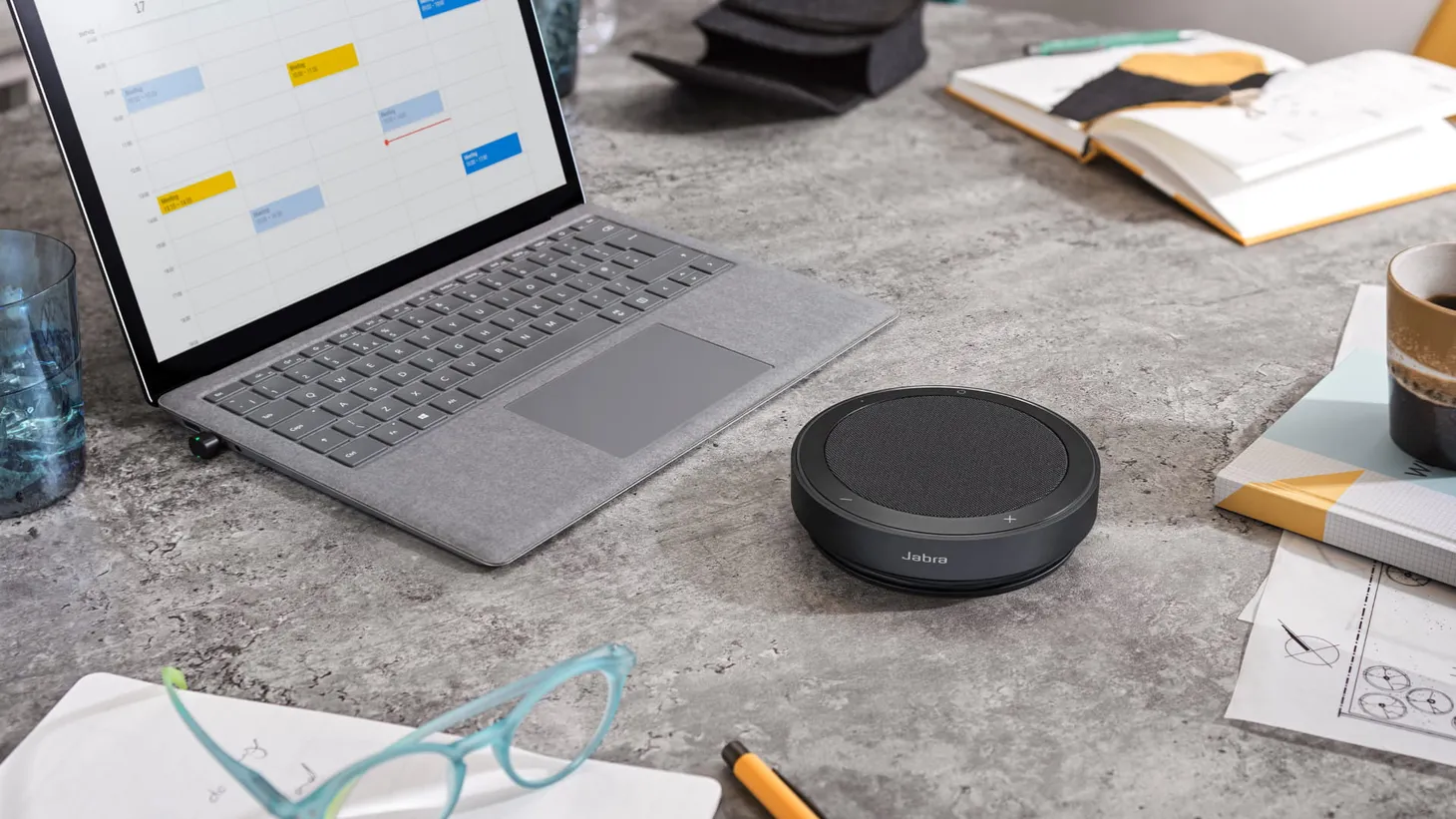Trust and the future of digital business
We’re still working to find the right hybrid world for the future. But one of the hallmarks of success from the last three years feeds into adjusting to the future: trust.

This post is sponsored by IBM
There’s been quite a scramble over the past few years to re-engineer business systems. And the results have been incredible. Did anyone really think we would all so seamlessly go home and keep the wheels turning thanks to remote digital collaboration tools? That we would all get comfortable with video conferencing? And who thought ‘supply chain management’ was going to become a dinner table topic across the world?
Of course, there are many challenges we’re still working on to find the right hybrid world for the future. But one of the hallmarks of success from the last three years feeds into adjusting to the future: trust.
Exploring a 2022 trend report from IBM’s Institute of Business Value, two themes speak to this concept from both a human and digital perspective. Let’s dig a little deeper:
Human capital is precious and scarce
Whatever you think of the ‘Great Resignation’ discussion, the statistics speak to a real crisis of human capital. According to the IBM report, in a survey of almost 10,000 workers across nine countries, 30% of employees have either changed employers in 2021 or planned to do so, with another 15% to do the same in 2022. That’s almost half the workforce.
Of those that have changed jobs voluntarily, 56% said it was for flexibility and almost one-third said it was to work for a company that better aligned with their values. One in four don’t believe their employer looks out for their mental and physical wellbeing.
So many of these reasons have trust at the heart of the concern. The pandemic, and how long it lasted (and yes, it’s still here), encouraged so many people to think about what they truly care about and how they want to align their work with their values. And many businesses showed their true colours on how much they really care about the people they employ.
Unemployment is low and the need for highly skilled workers is extremely high right now. The IBM report suggests the decade ahead could see 85M+ skilled jobs go unfilled, with hundreds of billions in revenue opportunity lost. Technology is only as helpful as the human talent we hand it to to develop and create and explore what’s next.
Corporate leaders need to be more ‘real’ than ever before. It’s not enough to apply the language of big ideas and expect staff to feel included in the journey. Building rapport with employees matters more at a time when we see each other in person less. The best moments of pandemic business are when real life leaks in around the edges. It feels more human than many of us had in a long time.
Trust is hard earned and easily broken. And while we work harder than ever to build trust with employees, there’s the digital side of the equation that needs great talent to ensure we stay ahead of the bad actors.
Trust and security underpin sustained innovation
Digital security has become more critical to business than ever in the remote and hybrid world. And trust has many meanings in a digital context. Zero Trust is one of the big aims of modern network security, shifting every interaction into a state where authentication is required at all times to ensure nothing is trusted for too long to get access beyond strict limits in each given moment.
Think about that difference between being inside an office building for all your work versus wandering between cafes to get things done on a laptop. What we feel comfortable leaving on our desk in the office is very different from where we leave our phone when we’re in a public place.
The need to move data between servers we own and cloud architectures has created a trust problem for when and who can access essential data that can only be solved by treating every data request like it’s a random stranger walking past your cafe table.
In the IBM trend report, seven in ten organisations are struggling to secure data as it moves across multicloud and on-premise environments, and 90% of cyber incidents are originating in cloud environments. For those on the path to zero trust solutions, three in five say it’s enabled the digital transformation they’ve been working toward – almost twice the number of non zero trust movers.
Fundamentally, as the maturity of cloud security grows, the ability to trust the environment grows and so do the opportunities to create new digital business links across internal and external partners. Zero trust might be confusing to some because this digital removal of inherent ‘trust’ enables far more trust in the system itself, and the humans who rely on it.
Trust is everything
It’s interesting to think about how essential trust has become to every aspect of driving workplaces forward. Trusted digital systems allow for more agility of ideas and execution. And a workforce that trusts the company direction and leadership’s support for the team will have more confidence in putting their all toward company success.
As digital transformation continues, there is no destination where we will eventually declare “finished”. Trust is now essential to the process of effective change. We need to make it part of the entire idea of innovating and evolving as a business.
With good leadership that sets a clear path and clear people-centric values, we set ourselves up to win the trust of staff and develop the right technologies to enable a smarter future.
Byteside Newsletter
Join the newsletter to receive the latest updates in your inbox.



